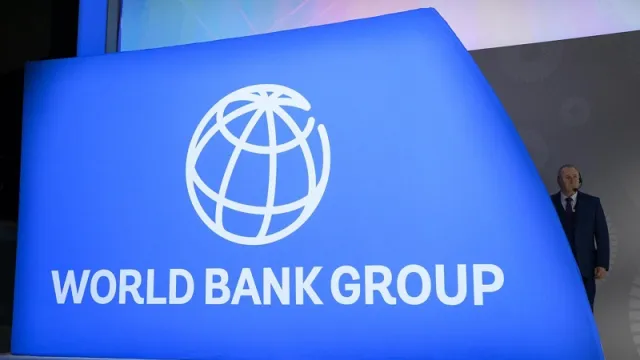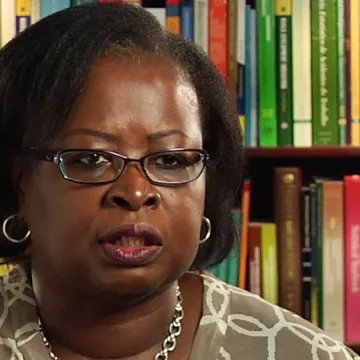World Bank lifts the veil on how govt stifles private sector growth

The World Bank explains that sectors such as hospitality, manufacturing, and wholesale and retail trade could have been better served by private enterprises.
The World Bank says Kenya is among the African nations in which the private sector is subjected to unfair competition due to the government’s involvement in multiple business ventures.
“Ethiopia, Kenya, and South Africa have examples of state-owned businesses that benefit disproportionately from favourable regulations, creating an uneven playing field for firms,” the World Bank said in a report.
According to its Levelling the Playing Field report that was published on Tuesday, June 24, the multilateral lender noted that more than half of the major businesses in Kenya are operated by the government, often in sectors where private firms could provide goods and services more efficiently. Moreover, the state-owned enterprises disproportionately benefit from favourable regulations, thereby creating an uneven playing field for other firms.
The World Bank revealed that sectors like hospitality, manufacturing, and wholesale and retail trade could have been better served by private enterprises.
“State participation in markets that can be effectively served by the private sector further limits prospects. In countries such as Ghana, Kenya, and Uganda, close to or more than half of the sectors had businesses with state ownership operating in them,” it added.
The World Bank has also flagged Kenya’s rising debt levels as a major concern. It noted that Kenya, along with Ethiopia and Ghana, is among the countries struggling with significant sovereign debt burdens. It argues that Kenya’s inability to sustain its debt levels had reversed some of the country’s previous gains and hindered the pace of poverty reduction.
“In 2024, Ethiopia, Ghana, and Kenya are grappling with high levels of sovereign debt that has undone some of their past success and weakened the link between growth and the pace of poverty reduction,” the report highlighted.
Generally, a 25-year analysis that traces the continent’s progress since the start of the 21st century notes that although Africa has made notable progress, including a drop in mortality rates and a rise in life expectancy from 50 years in 1998 to 61 years in 2022, it the world’s most pressing development challenge despite major strides in education, healthcare and infrastructure.
“Despite such hopeful signs, Africa remains the world’s biggest development challenge for several reasons,” the report notes.
It notes that African countries have shown strong growth performances, with investment rising from 17.6 percent of GDP in 1998 to 38.1 percent in 2018. Notably, seven of the world’s 10 fastest-growing economies were reportedly in Africa in the period between 2000 to 2019.
The report highlights notable progress during the review period, including reduced aid dependence, increased tax revenue, and a significant drop in the median poverty rate by about 10 percentage points to roughly 43 percent.
However, these gains are not enough to place Africa on equal footing with the rest of the world in terms of overall development, even as the report projects that by 2030, the continent will account for 90 per cent of the world’s extreme poor.
Economic stagnation remains a pressing issue, with Africa’s share of the global economy stuck at just 2 percent.
The report also cites low private investment, a predominantly informal job market, and a heavy dependence on small-scale agriculture as key barriers to the region’s productivity and economic transformation.





